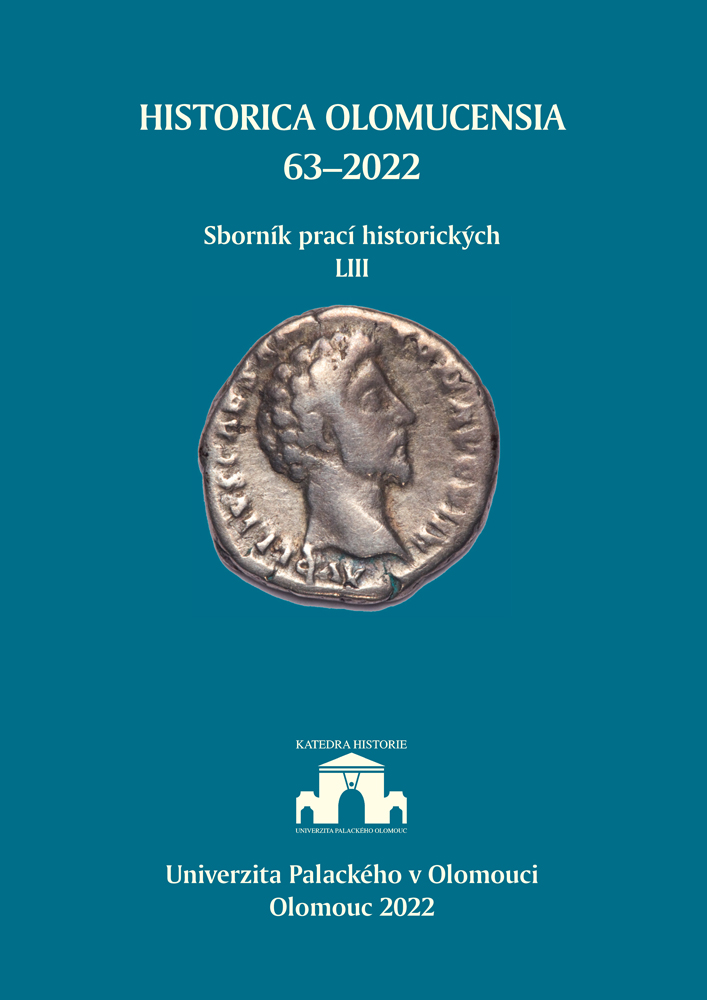Průběh a konsolidace obchodně-politických vztahů Československé a Rakouské republiky v letech 1921–1925
The Course and Consolidation of Political Relations and Terms of Trade between the Czechoslovak and Austrian Republics in the Years 1921–1925
Author(s): Tomáš MoricSubject(s): Economic history, Interwar Period (1920 - 1939)
Published by: Univerzita Palackého v Olomouci
Keywords: Czechoslovakia; Austria; Trade-political relations; Trade agreements;
Summary/Abstract: After the partial liberalisation of the post wartime economy and gradual re-introduction of a normal trade regime between Austria and Czechoslovakia in the year 1921, the political relations of Prague were subordinate to the financial and property relations in the form of iunctum between trade and financial agreements, approved on the basis of the wishes of financial circles and the Ministry of Finance. The protectionist character of the trade policy of Czechoslovakia was fully manifested in the trade agreement itself, which did not correspond with the function of the former main producer in the monarchy which inherited two thirds of its industrial capacities. The Czechoslovak-Austrian relations culminated immediately in the beginning of the analysed period with the signing of the Lány Treaty in December 1921 and remained extremely close throughout the year 1922, specifically in light of the problematic situation with the Austrian economy linked with the hyperinflation of the Austrian krone. Austria behaved in quite a servile manner and agreed to Czechoslovak requirements in economic questions as well as political up to the middle of the 1920s. This was due to the fact that Vienna viewed Prague and Edvard Beneš in particular as a suitable mediator for negotiations with the the world powers at the League of Nations in Geneva. They were also obliged to Czechoslovakia by a loan from the year 1922. After the experiences of Austrian exporters with Czechoslovak authorities in areas involving issuing export permissions and in particular after the publication of the statistics of foreign trade of Austria in the year 1923, indicating marked Austrian passivity with Czechoslovakia, tendencies to increase trade passivity Austrian customs protection began to strengthen in the Austrian industrial and agricultural circles. This culminated with customs Tariff amendement in the year 1926. Prague reacted to this pressure on revision of mutual trade conditions with postponement tactics with the intention of preserving for a long as possible the one-sided advantageous position which Austria provided by maintaining in validity the Austria-Hungarian customs rate, only increased by a coefficient, up to the year 1924 and consequently the first supplementary convention from the end of the same year, which amounted to a modification in only minor issues. Despite the agreement of Beneš to the launching of new negotiations on general adjustment to mutual trade relations from March 1925, this did not came about despite the reaching of a second supplementary convention in the summer of that year up to the beginning of the year 1927.
Journal: Historica Olomucensia. Sborník prací historických
- Issue Year: LIII/2022
- Issue No: 63
- Page Range: 109-133
- Page Count: 25
- Language: Czech

